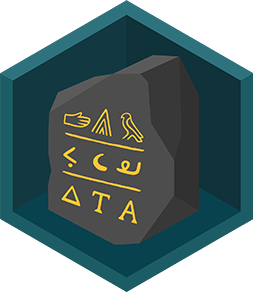

The definition of multilingualism is a subject of debate in the same way as that of language fluency. Bilingual signs represent a multitude of languages in an evolutive variety of texts with each writing.īilingual no trespassing sign at a construction site in Helsinki upper text in Finnish and lower text in Swedish. Together, like many different languages, modern-day multilingualism is still encountered by some people who speak the same language.

The phenomenon however, is old as different languages themselves. The first recorded use of the word multilingualism originated in the English language in the 1800s as a combination of multi (many) and lingual (pertaining to languages, with the word existing in the Middle Ages).
Poly linguist software#
Some commercial software is initially available in an English version, and multilingual versions, if any, may be produced as alternative options based on the English original. Due to the status of English in computing, software development nearly always uses it (but not in the case of non-English-based programming languages). Multilingualism in computing can be considered part of a continuum between internationalization and localization. People who speak more than one language have been reported to be more adept at language learning compared to monolinguals. It is common for young simultaneous bilinguals to be more proficient in one language than the other. Children acquiring two languages natively from these early years are called simultaneous bilinguals. The first language (sometimes also referred to as the mother tongue) is usually acquired without formal education, by mechanisms about which scholars disagree. Multilingual speakers have acquired and maintained at least one language during childhood, the so-called first language (L1). People who speak several languages are also called polyglots. Owing to the ease of access to information facilitated by the Internet, individuals' exposure to multiple languages has become increasingly possible. Multilingualism is advantageous for people wanting to participate in trade, globalization and cultural openness. More than half of all Europeans claim to speak at least one language other than their mother tongue but many read and write in one language. It is believed that multilingual speakers outnumber monolingual speakers in the world's population.

Multilingualism is the use of more than one language, either by an individual speaker or by a group of speakers. Frontage of the Constitutional Court of South Africa written in South Africa's 11 official languages


 0 kommentar(er)
0 kommentar(er)
